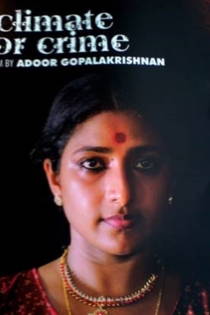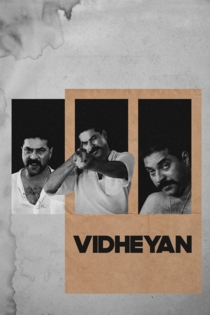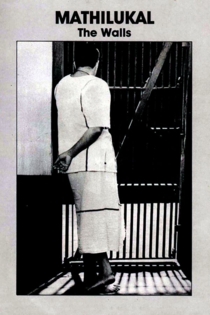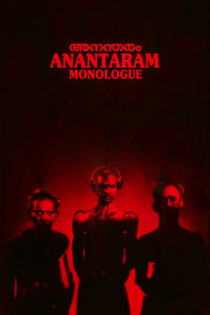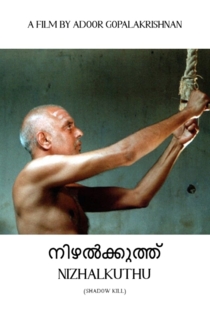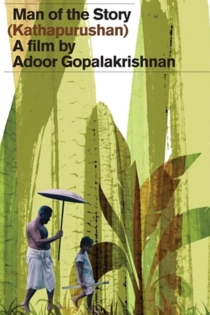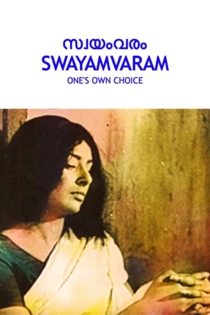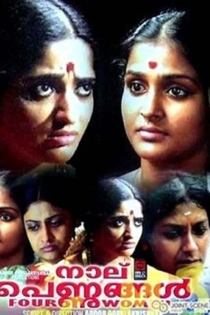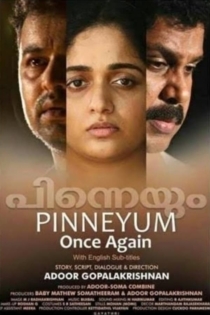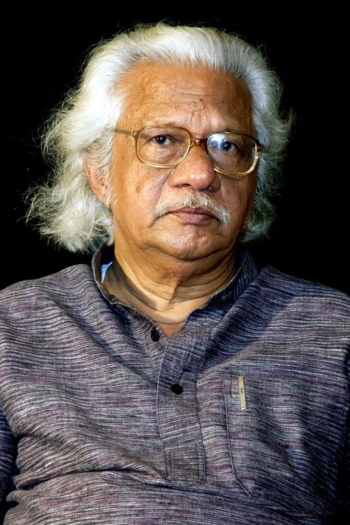
Adoor Gopalakrishnan
1941 (84 года)Adoor Gopalakrishnan had a major role in revolutioning Malayalam cinema during the 1970s and is regarded as one of the most notable filmmakers of India. Adoor's first film Swayamvaram (1972, script by K.P Kumaran the director of one of the best Indian film" Athidhi ".) pioneered the new wave cinema movement in Kerala along with " Olavum Theeravum " (1970) and " Athidhi "(1974). Most of his films go to festivals around the world, and are released in Kerala. All the eleven films he directed, from Swayamvaram to Oru Pennum Randaanum (2008), were screened at several international film festivals and won him several national and international awards. He won National Film Awards 16 times, Kerala State Film Awards 17 times and also won several international film awards. He won the prestigious British Film Institute Award for Elippathayam (1981). Adoor received the Padma Shri in 1984 and the Padma Vibhushan in 2006. The Nation honoured Adoor for his valuable contributions to Indian cinema by awarding him the highest cinema award of India, the Dadasaheb Phalke Award for the year 2004.
Celluloid Man
Shivendra Singh Dungarpur
P. K. Nair, Krzysztof Zanussi
Indian documentary about Indian film history and P. K. Nair, the founder of the National Film Archive of India and guardian of Indian cinema. He built the archive can by can in a country where the archiving of cinema was considered unimportant.
Celluloid Man
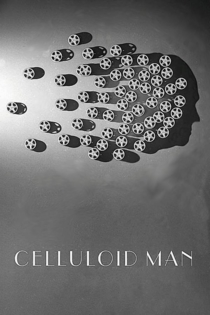
എലിപ്പത്തായം
Adoor Gopalakrishnan
Karamana Janardanan Nair, Sharada
Unni is the last male heir of a decaying feudal family in rural Kerala. His inability to accept the socio-economic changes of a new society causes him to gradually withdraw into isolation and paranoia.
Elippathayam
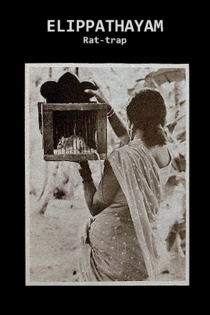
കൊടിയേറ്റം
Adoor Gopalakrishnan
Gopi, KPAC Lalitha
Sankarankutty, a village simpleton, lives a carefree life, indulges in childish pursuits, lives off the money given to him by his sister (working elsewhere as a servant), and eats quite voraciously. Then one day he gets married, but the wife is frustrated by his aimless lifestyle & irresponsible attitude (even after she gets pregnant). So she goes back to her parents. Meanwhile, his sister who is now living with her lover, can no longer provide for him, and a kind widow who used to care for him passes away. He has nowhere & nobody to fall back on, and from this point on, as he starts a job as assistant to a lorry driver, he starts looking at life in a whole new way and begins to mature as well.
Kodiyettam
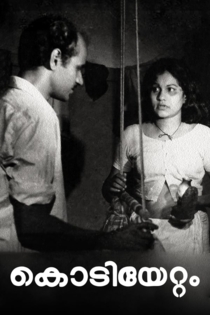
Cineastes contra magnats
Carlos Benpar
Marta Belmonte, Jesús Ángel Domínguez
How the cinema industry does not respect the author's work as it was conceived, how manipulates the motion pictures in order to make them easier to watch by an undemanding audience or even how mutilates them to adapt the original formats and runtimes to the restrictive frame of the television screen and the abusive requirements of advertising. (Followed by “Filmmakers in Action.”)
Filmmakers vs. Tycoons
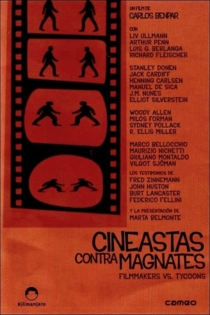
മുഖാമുഖം
Adoor Gopalakrishnan
Ashokan, P. Ganga
The film starts in the early 1950s showing Sreedharan, the protagonist, as a very popular communist leader and trade union activist. He is forced to go underground after his name was associated with the murder of the owner of a tile factory. He is considered to be dead by his party and they even erect a memorial for him. But he makes an unexpected comeback almost 10 years later, after the first communist ministry gained and lost power in Kerala and after the Communist Party of India has split. On his return, he spends his time sleeping and drinking. His come back is first a puzzle and then an embarrassment to his comrades and family. As the disappointment on his new face grows, he is found murdered. The film ends when both the communist parties jointly celebrate his martyrdom.
Mukhamukham
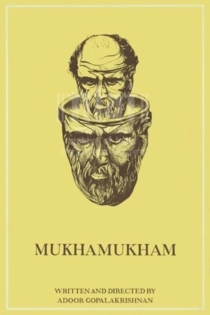
Cineastes en acció
Carlos Benpar
Marta Belmonte, Aitor Martínez
What is the state of cinema and what being a filmmaker means? What are the measures taken to protect authors' copyright? What is their legal status in different countries? (Sequel to “Filmmakers vs. Tycoons.”)
Filmmakers in Action
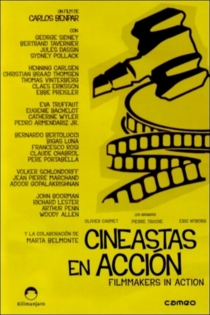
ഒരു പെണ്ണും രണ്ടാണും
Adoor Gopalakrishnan
M R Gopakumar, Seema G Nair
The four chapters of the film tell stories, which are independent of each other. The only connection between them is the recurring theme of crime. With the flow of the movie, there is an increase in the complexity of the crimes.
A Climate for Crime
